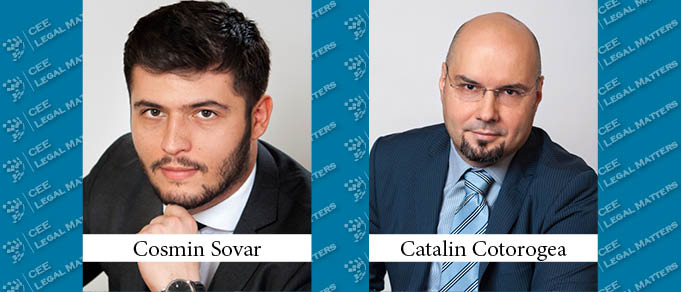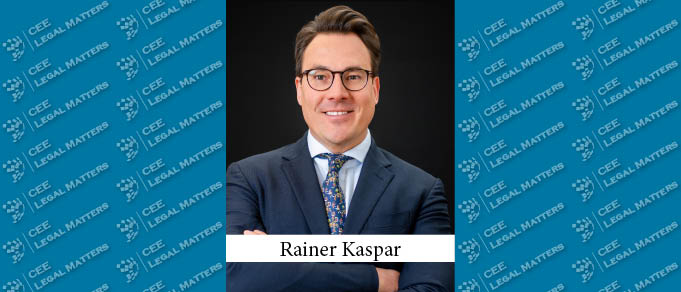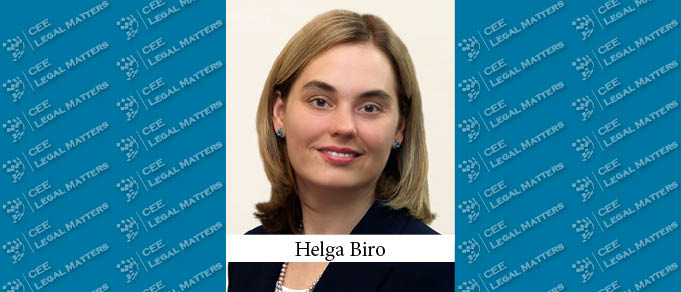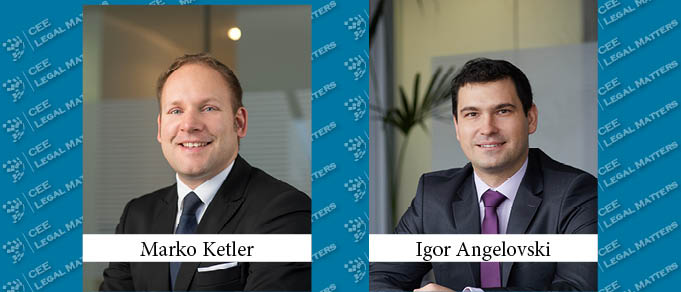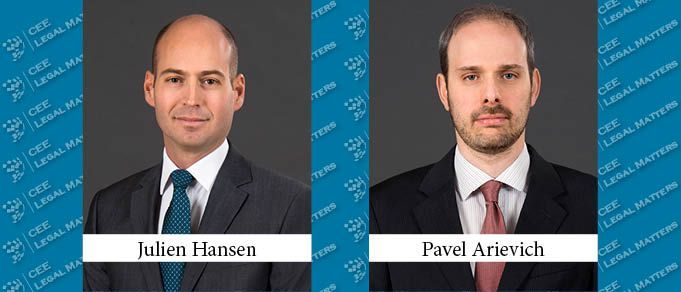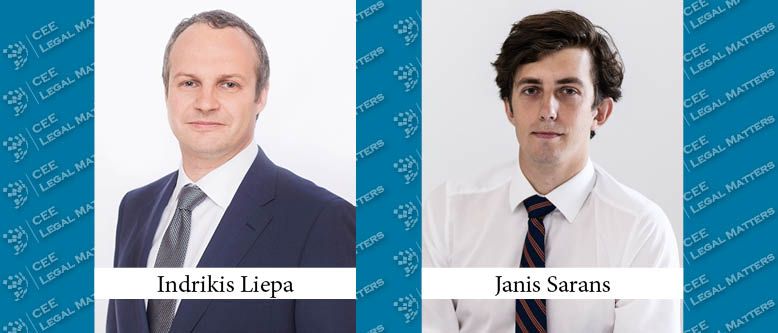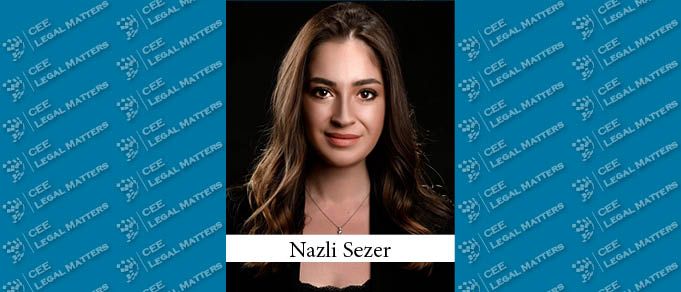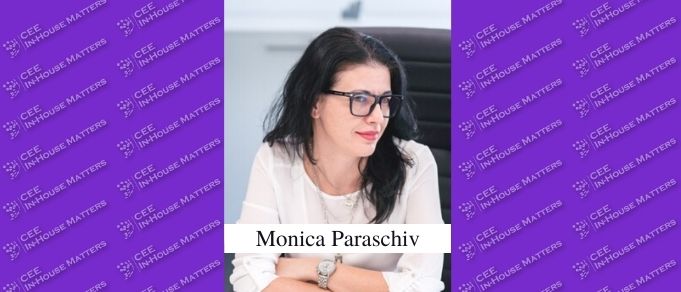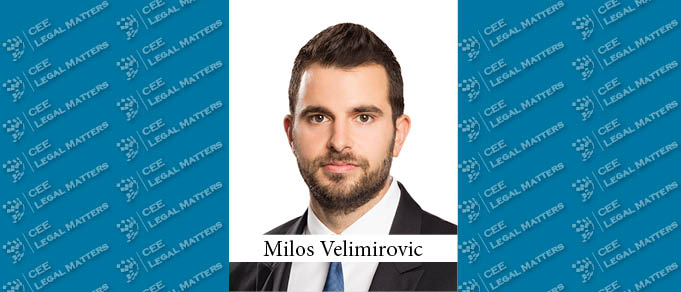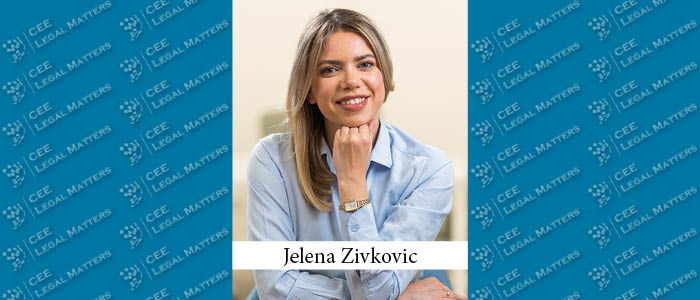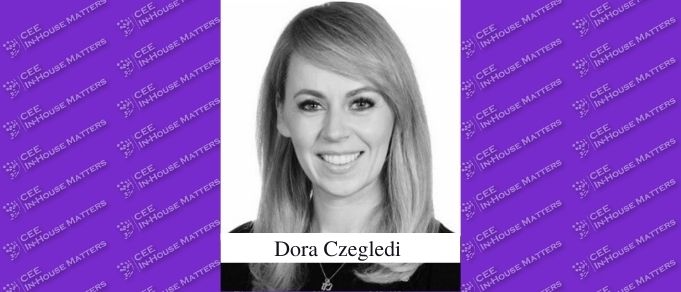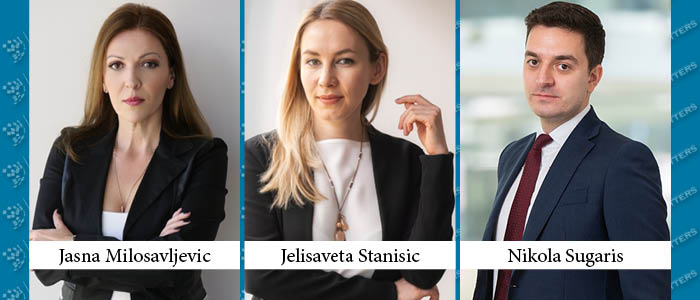Access, equity, quality, and cost-effectiveness are key issues facing healthcare in both developed and less developed countries. Modern information and communication technologies (ICTs), such as computers, the Internet, and cell phones, are revolutionizing how individuals communicate with each other, seek, and exchange information, and enrich their lives. These technologies have great potential to help address contemporary global health problems.
Opportunities in the Life Science Sector
According to the Life Science Report Austria, Austrian biotech companies recorded a turnover of USD 379.3 million in 2017, with USD 206.3 million – or 54.6% – flowing into research and development.
New Case Law Sheds Light on Requirements Regarding Promotional Activities of Pharmaceutical Companies in Hungary
Recently published case law from Hungary’s National Institute of Pharmacy and Nutrition – the Hungarian acronym is OGYEI – deals with various aspects of pharmaceutical promotional activities and interactions with health care providers. The OGYEI investigated the commercial practices of Aramis Pharma Kft., Lilly Hungaria Kft., and Sager Pharma Kft., and imposed fines following the discovery of infringements.
Is the Market for Medical Devices in Slovenia and Within the EU Becoming More Significant?
The significance of medical devices is most certainly on the rise, considering not only its importance to patients, for whom medical devices represent life enhancing products, but also developments in innovation, economics, and in the regulatory and legal sphere. Issues such as data privacy in the field of medical devices were not noticeable until connectivity became a trend in medical devices and the GDPR was adopted. Similarly, the possibility of a cyber-attack on a medical device connected to the Internet became a possibility. Even though the question of product liability has always been present, recent decisions by the European Court of Justice provided new interpretations of existing legal terms and, importantly, introduced product batch liability.
Enforcement of Pharmaceutical Patent Rights in Russia: New Opportunities?
The enforcement of pharmaceutical patent rights in Russia is a multi-aspect issue. One such aspect, well known to the industry and patent owners, is the attempt to prevent pharmaceuticals that may infringe on prior patent rights from being registered by the Russian healthcare authorities.
Scrutiny of Industry Practices by the Competition Authority Continues
In late 2018, the Competition Council of the Republic of Latvia published the final report on its most recent in-depth sector inquiry on the distribution practices of reimbursed medicines on the wholesale market and potential competition restrictions therein. The sector inquiry had lasted for almost two years, during which the Competition Council gathered information from both the public and the private sectors, approaching seven producers, twelve wholesalers, and several public institutions, such as the State Agency of Medicines and the Health Inspectorate, among others. Although the Competition Council proclaimed that the main goal of the sector inquiry was to analyze potential competition restrictions on the wholesale market, which could be apparent because of the vertical integration of wholesalers and leading pharmacy chains and the exclusivity status of the wholesalers, no infringements proceedings were initiated as a result. Notwithstanding the lack of subsequent infringement proceedings, however, some crucial conclusions were drawn.
The Classification of Medicinal Products in the European Union and Turkey
Advertisement is a very strong instrument in free market economies like Turkey’s. As a bridge between manufacturers and consumers and in light of its contribution to a competitive market, the importance of advertisement is critical.

